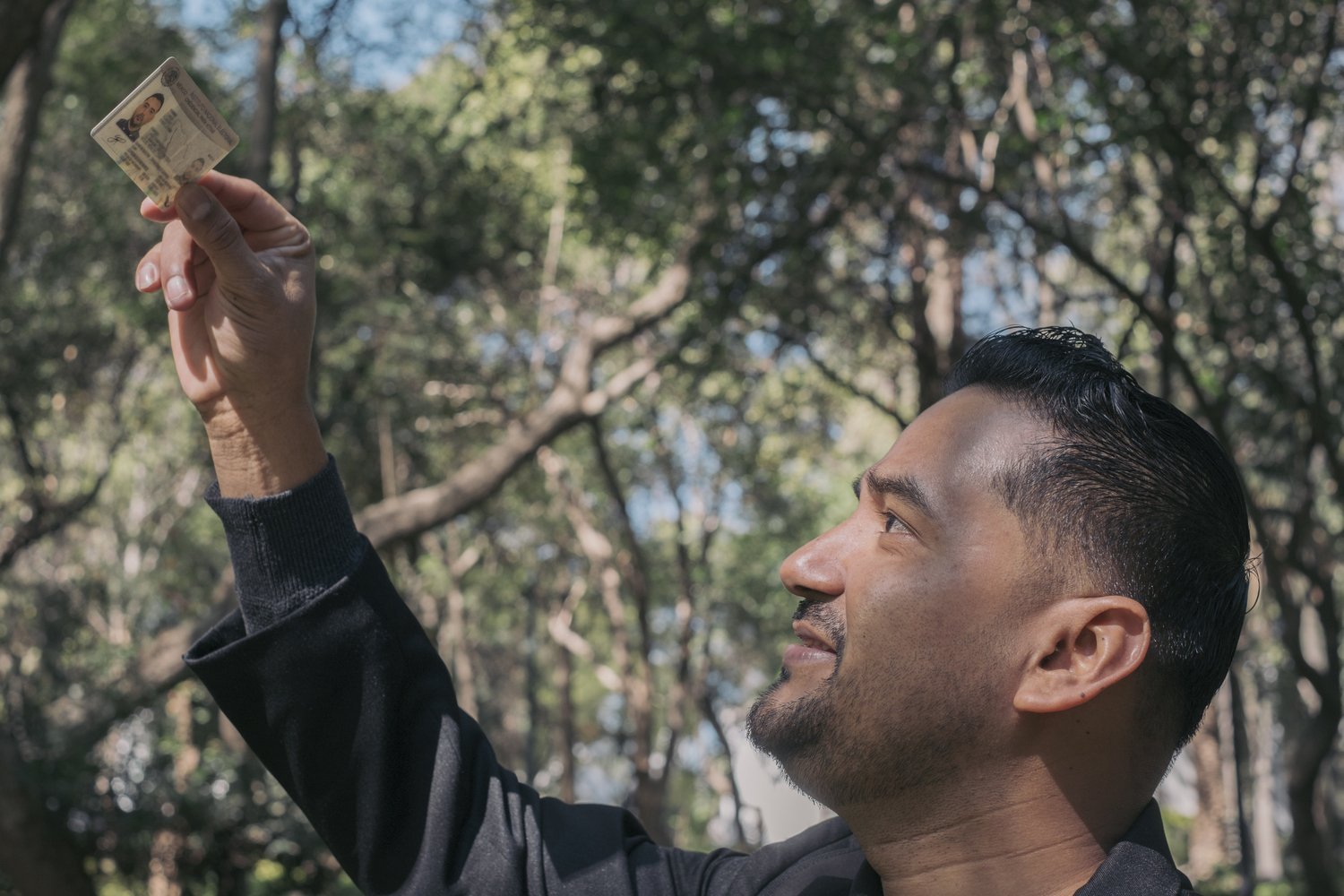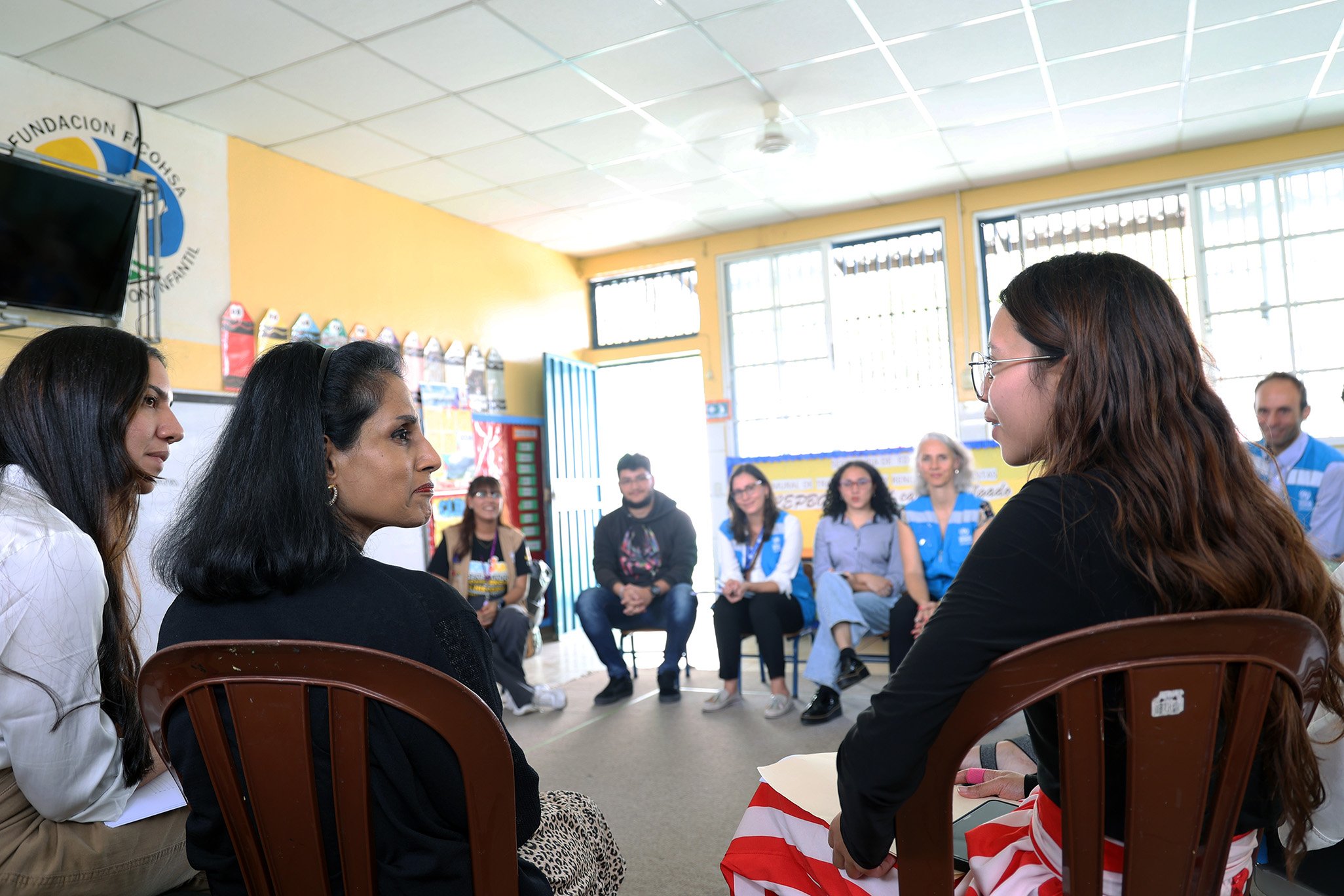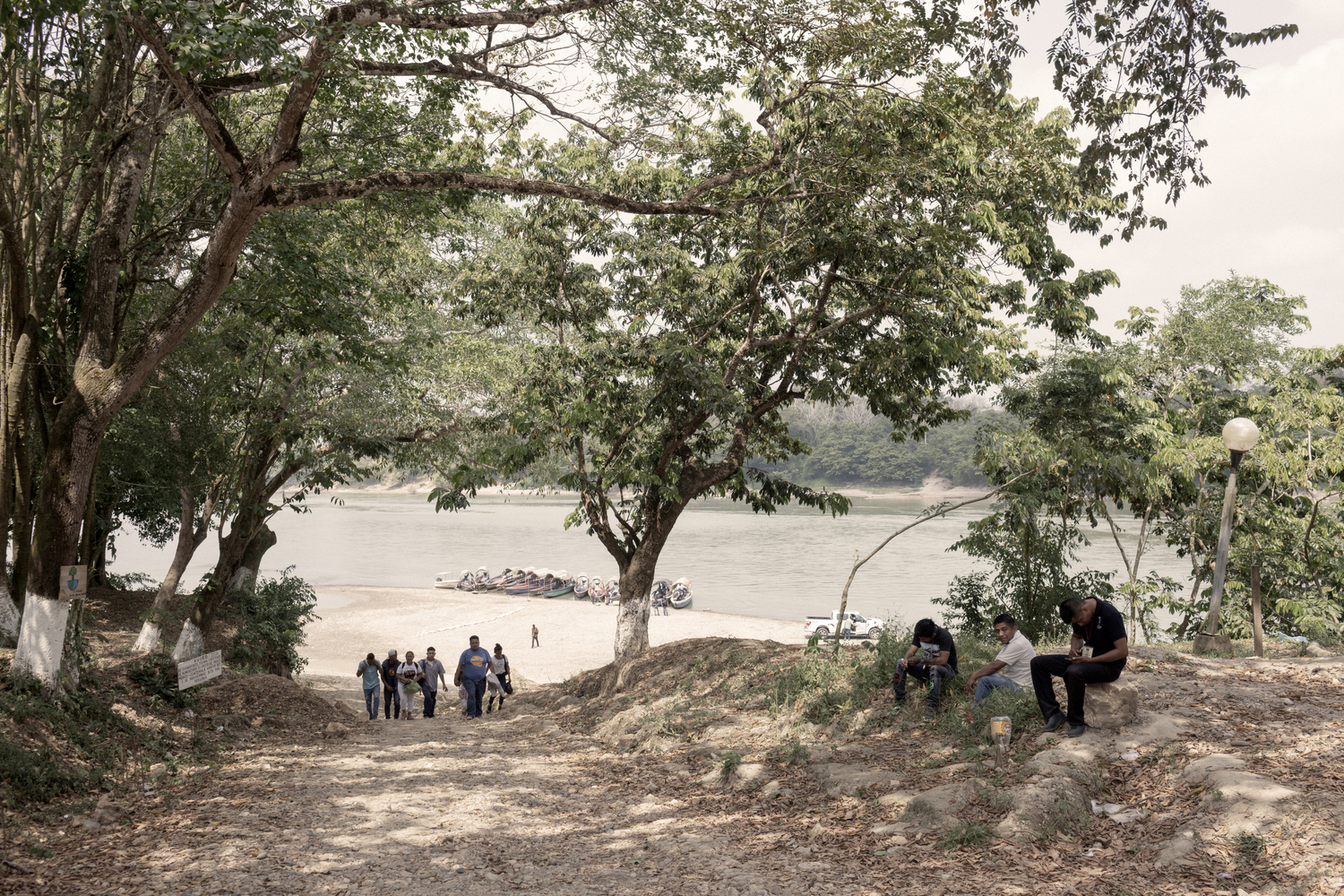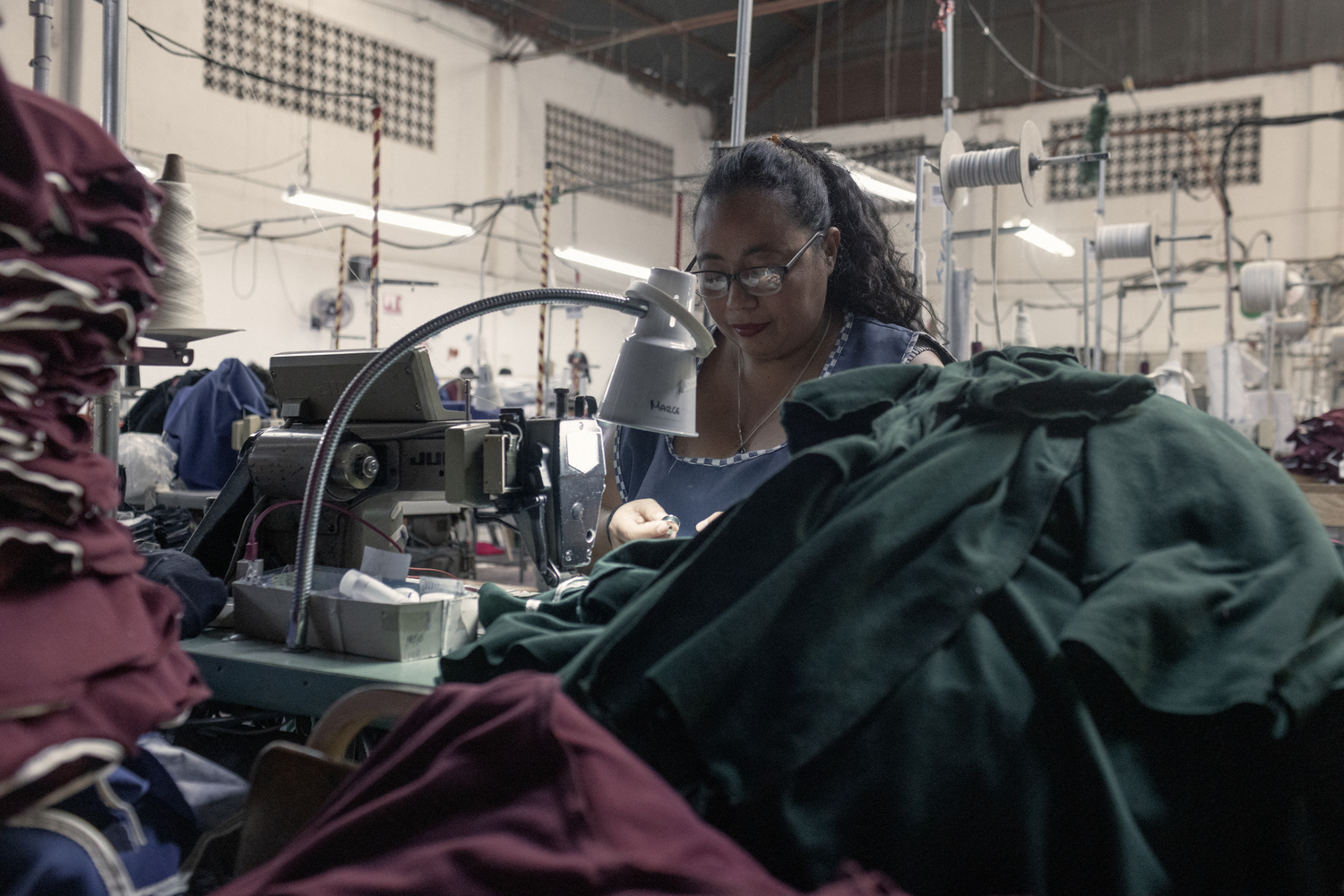UNHCR hails Mexico as new refugee law comes into force
UNHCR hails Mexico as new refugee law comes into force

MEXICO CITY, Mexico, January 28 (UNHCR) - The UN refugee agency on Friday hailed Mexico after the country's President Felipe Calderón signed new legislation on refugees and asylum-seekers into law.
Calderón signed the Law on Refugees and Complementary Protection on Wednesday after it had been passed last year by the upper and lower houses of the Congress of Mexico. The legislation incorporates Mexico's good practices on refugees, such as permission to work, access to health services and health insurance, access to education and recognition of educational qualifications.
Mexico has long been a signatory of the 1951 Refugee Convention and its 1967 Protocol and the country has a history of protecting asylum-seekers and refugees. But, until now, Mexico lacked a specific legal framework for dealing with refugees as previous laws did not comply with international standards.
This law conforms to such standards. It includes important principles such as non-refoulement (non forced returns); non-discrimination; no penalty for irregular entry; family unity; best interests of the child; and confidentiality.
Drafted in 2009 by the Mexican Refugee Commission, with UNHCR's technical support, the new law also includes definitions of a refugee in line with international instruments and it considers gender as grounds for persecution.
Mexico will, moreover, grant complementary protection for people not considered as refugees, but whose life has been threatened or could be at risk of torture, ill treatment or other forms of cruel inhuman treatment.
The country continues to receive refugees from Latin American countries - mainly Colombia, Haiti, El Salvador, Honduras and Guatemala. But refugees from other parts of the world also reach Mexico on mixed migration routes from South to North America.









